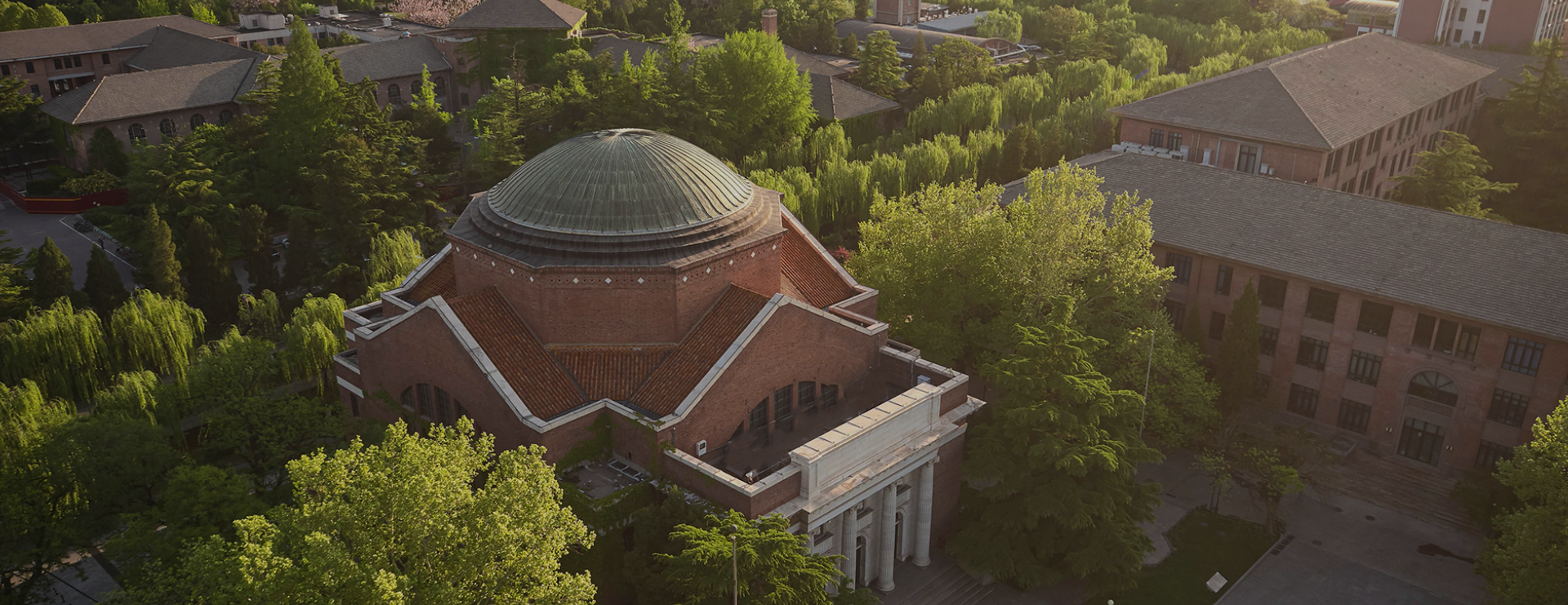Chinese scientists will conduct an exo-ecosystem space experiment on the Tiangong Space Station, aiming to explore the ability of microbes to survive in space.
The China Exo-Ecosystem Space Experiment (CHEESE), co-designed by scientists from Tsinghua University, the Institute of Microbiology of the Chinese Academy of Sciences, the Shanghai Institute of Technical Physics and Dalian Maritime University, will expose microorganisms to space conditions, including microgravity, vacuum, UV radiation and extreme temperatures.
The related paper was recently published in the journal Nature Astronomy.
Scientists believe that space stations provide unique opportunities to conduct astrobiology experiments to explore the possibility of life beyond Earth.
According to Liu Zhu, a professor at the Department of Earth System Science, Tsinghua University, the first stage of the CHEESE project aims to test whether methane-producing microorganisms, or methanogens, can survive in the environments inside and outside the space station.
Methanogens are considered one of the earliest life forms on Earth and have a strong adaptability to extreme environments.
NASA's Curiosity Mars rover has detected unexplained methane signals several times since landing on Mars in 2012. However, scientists have not been able to determine whether the methane on Mars is produced by microbes, Liu said.
"If the methane on Mars is biologically produced, then this kind of life is very resistant to extreme environments, and has to be able to survive extreme environments such as a certain level of cosmic radiation as well as low temperatures," Liu explained.
With its construction completed, China's space station, Tiangong, has entered the stage of application and development. The Chinese space station is capable of providing microgravity and radiation conditions in space that are incomparable to those on the ground, said Cui Duo, the first author of the paper and a researcher at Tsinghua University.
"The experiment on board the Tiangong space station will test the survival and proliferation status of methanogens in different environments by simulating outer space environments, such as Mars," Cui said.
"If our experiment can verify that the oldest bacteria on Earth can survive and even reproduce normally in the extreme environment of space, it will be an important discovery," Liu said.
According to the researchers, three methanogen strains -- Methanococcus maripaludis S0001, Methanolobus psychrophilus R15, and Methanosarcina maize CZ1 -- have been selected for the space experiments based on the temperature range of the space station's environments and the spacecraft during transport.
The experiment will be carried out simultaneously in three different settings: on-board and outside the Tiangong space station, as well as in a ground-based laboratory.
At present, the research team has carried out preliminary experiments on the ground, laying the foundation for the smooth implementation of space experiments.
"By studying the behavior and adaptation of methanogens in space, we may be able to better understand the potential for life on other planets and some of the most fundamental questions about the origins and diversity of life in the universe," Cui added.
Editor: Guo Lili

